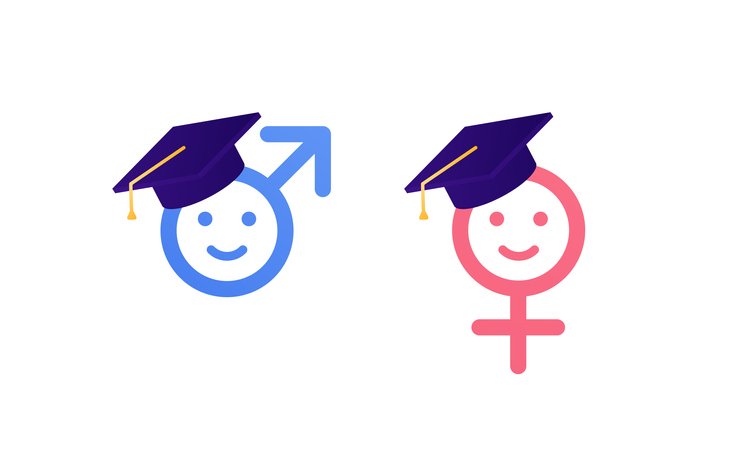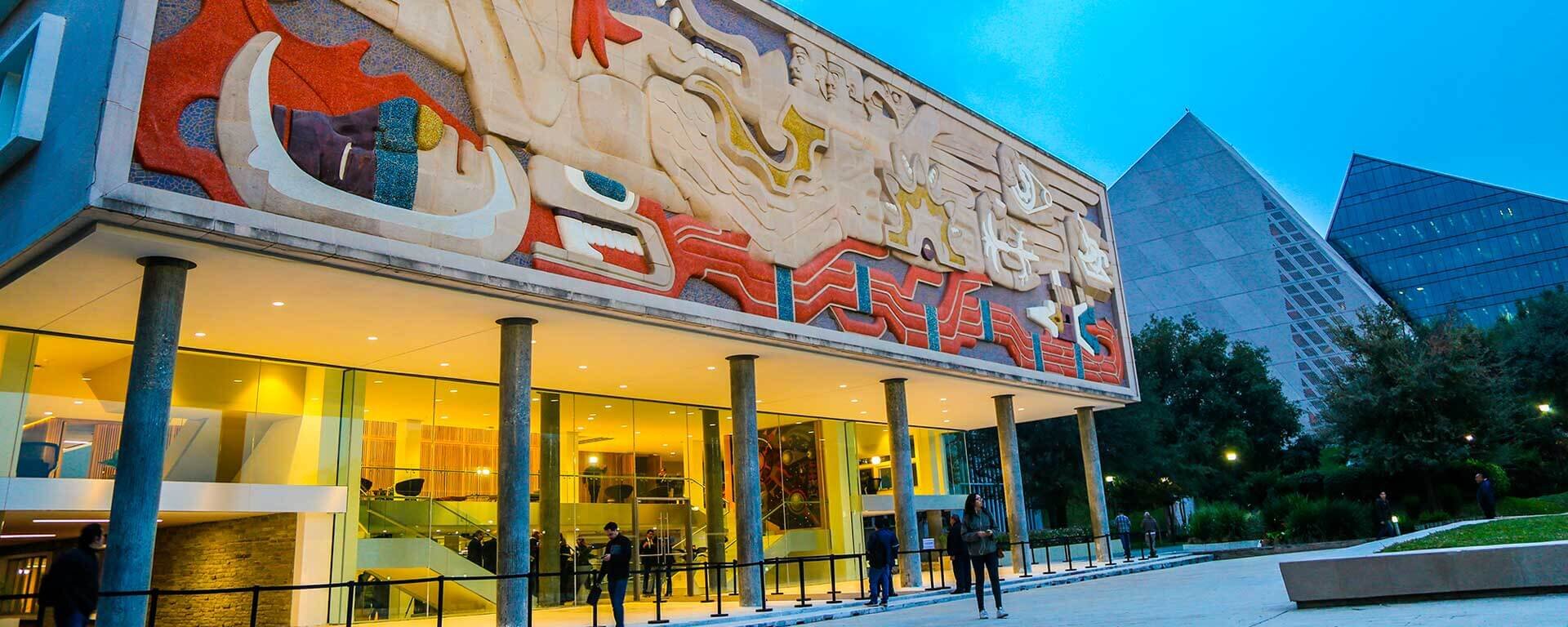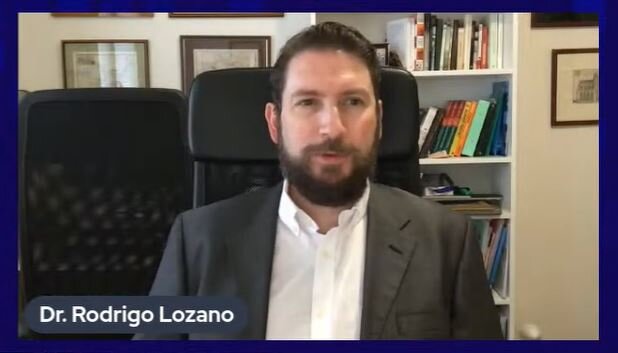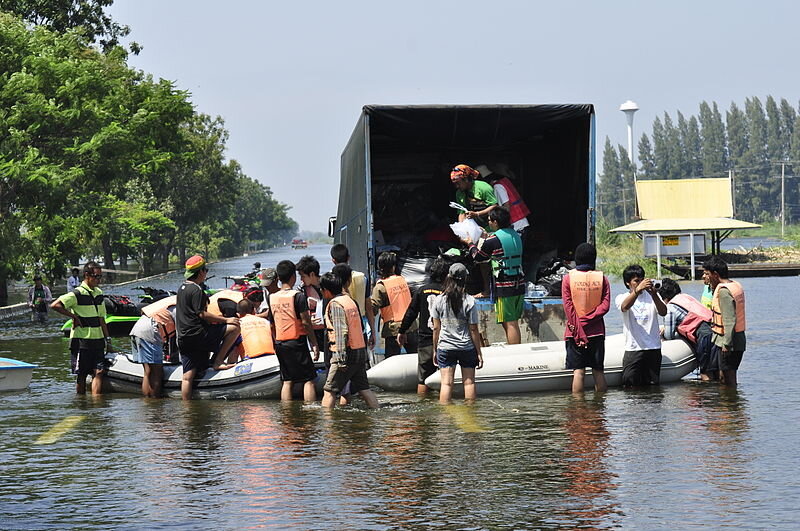Specialization creates expert professionals, but are they capable professionals?
Photo: Bigstock.
Specialization is something we don’t even question anymore, but we should. Employers expect professionals with specific skills to perform in new areas that arise and change faster and faster.
In this context, is it worthwhile to train students with a high level of specialization in an area that may no longer be in force when they graduate? What are we doing to close the gap between the speed with which universities produce new professionals ready for the workforce and the short time in which a profession is renewed or cease to exist?
Employers are already taking the hit of the shortcomings produced by this gap. In the UK 77% of employers think new graduates are not adequately educated, in the United States is approximately a 70% and in Mexico, 58% of employers agree that graduates are not well prepared.
What is missing in the students’ preparation to meet employers’ needs? The simple answer is to expand the skills set during their study years. But it’s a little bit more complicated than that. To understand better the weak spots of the current educational approach, we need a brief revision of education and professional training trends in the last century.
From the eclectic to the specific
Specialization as an educational trend is not that old. Taking into account that the oldest universities have been around for 500 years, we have spent more time with “hybrid” profiles than specialized ones.
Until the twentieth century, it was widespread that scientists were also philosophers, linguist or even graphic artists. This previous generation of science people interconnected between different disciplines was able to acquire and produce knowledge from a variety of fields, such as biology, ethics and philosophy, for example.
The industrial revolution introduced the need to be more specific when defining the characteristics and skills of professionals in various fields, the tasks became more practical, and education as well.
The industrial revolution introduced the need to be more specific when defining the characteristics and skills of professionals in various fields, the tasks became more practical, and education as well.
Most scientists today have so many fields of specialty and subspecialties that becoming an expert in an area requires a lot of time and dedication, so much that common knowledge and skills disappear in favor of getting specialized content.
As a result, we have professionals who know a lot about a specific subject but lack the skills to exercise their profession fully. For example, scientists without effective communication skills, creatives who do not have the management skills to manage their agency, or even teachers without the proper training to defuse bullying situations, detect depressed students or executing basic first aid.
One of the most problematic creations of the 21st century is that of the unskillful expert, before this significant area of opportunity in the way we produce talent for the workforce, we need to think about how do we apply specialization in educational programs. What strategies have universities developed to offer students complete training without losing the focus of specialization?
Education towards adaptability
The most critical skill that has been lost in the higher education schedule is adaptability. Professionals need to be able to generate quick and efficient solutions in their respective work fields, and these are not always going to belong to a single group of knowledge.
Universities are already developing more flexible programs and initiatives to train better-prepared professionals to excel not only in their chosen area of knowledge but in a broader range of secondary abilities that will help them do their jobs better.
Targeted curricula around mission-based learning and cross-disciplinary learning, focus on plans that encompass all the primary and secondary disciplined needed to do entrepreneurship related work.
Purpose learning is similar to problem-solving based learning; it motivates students to choose objectives and a specific set of tools to reach them.
Lifelong learning comes from the idea that a student cannot prepare for their whole professional life in just 3 or 4 years of college. This trend puts the student at the center of their learning process, encouraging them to make use of all the educational resources at hand either if their recently graduated or they have been working for 20 years.
MOOCs and micro credentials are another strategy for institutions to address this blind spot in the way we train professionals. Through the certification of short programs, students can broaden their perspective and set of skills.
Higher education is entering a time with a lot of shifts, educators capacity to adapt to the needs of the work market will be crucial to producing the programs students need to enter the workforce and perform with the standards the companies need.
This article from Observatory of the Institute for the Future of Education may be shared under the terms of the license CC BY-NC-SA 4.0 
)
)











)
Rebeca Ruiz
Rebeca Ruiz
Rebeca Ruiz